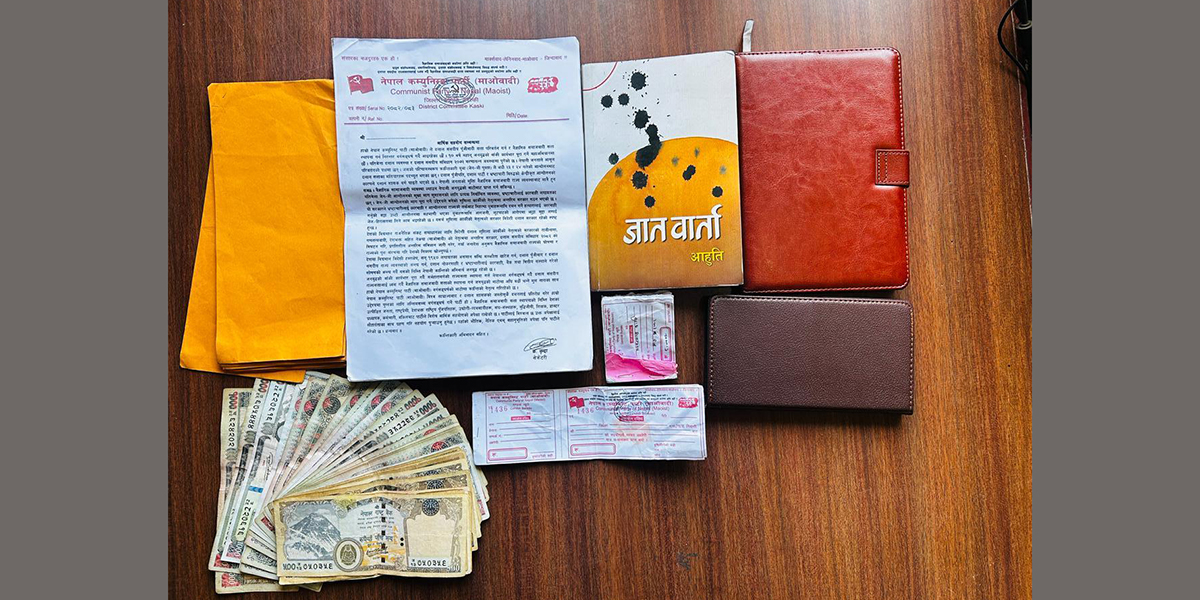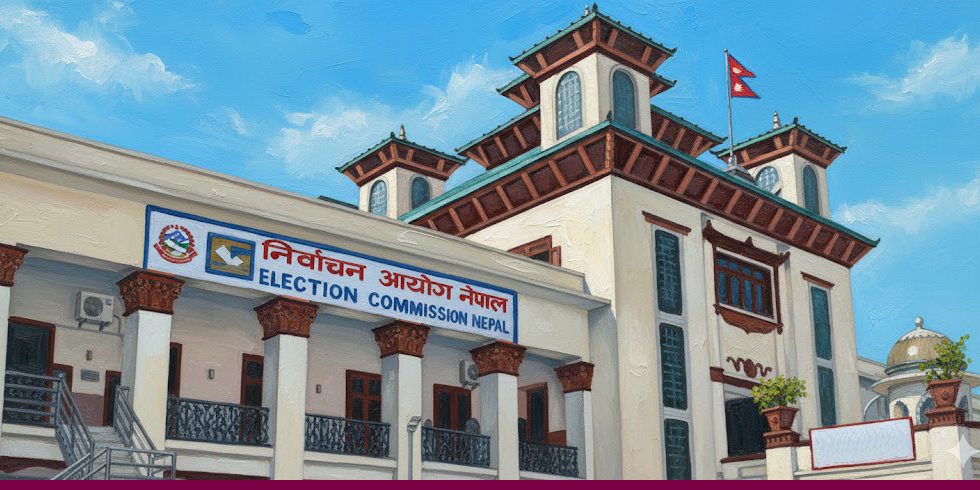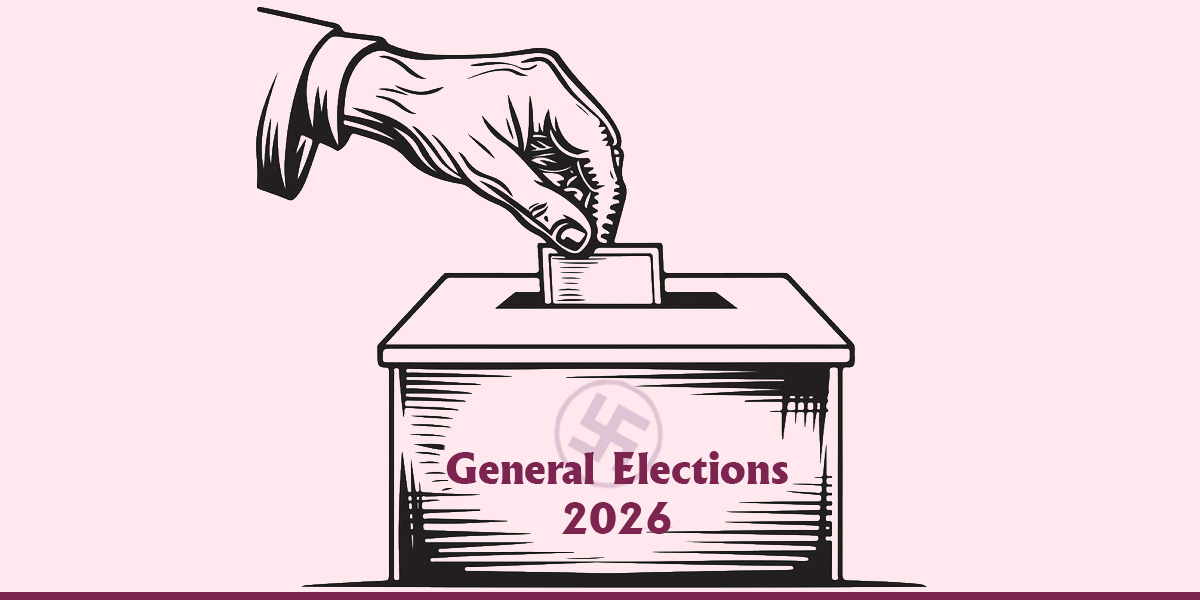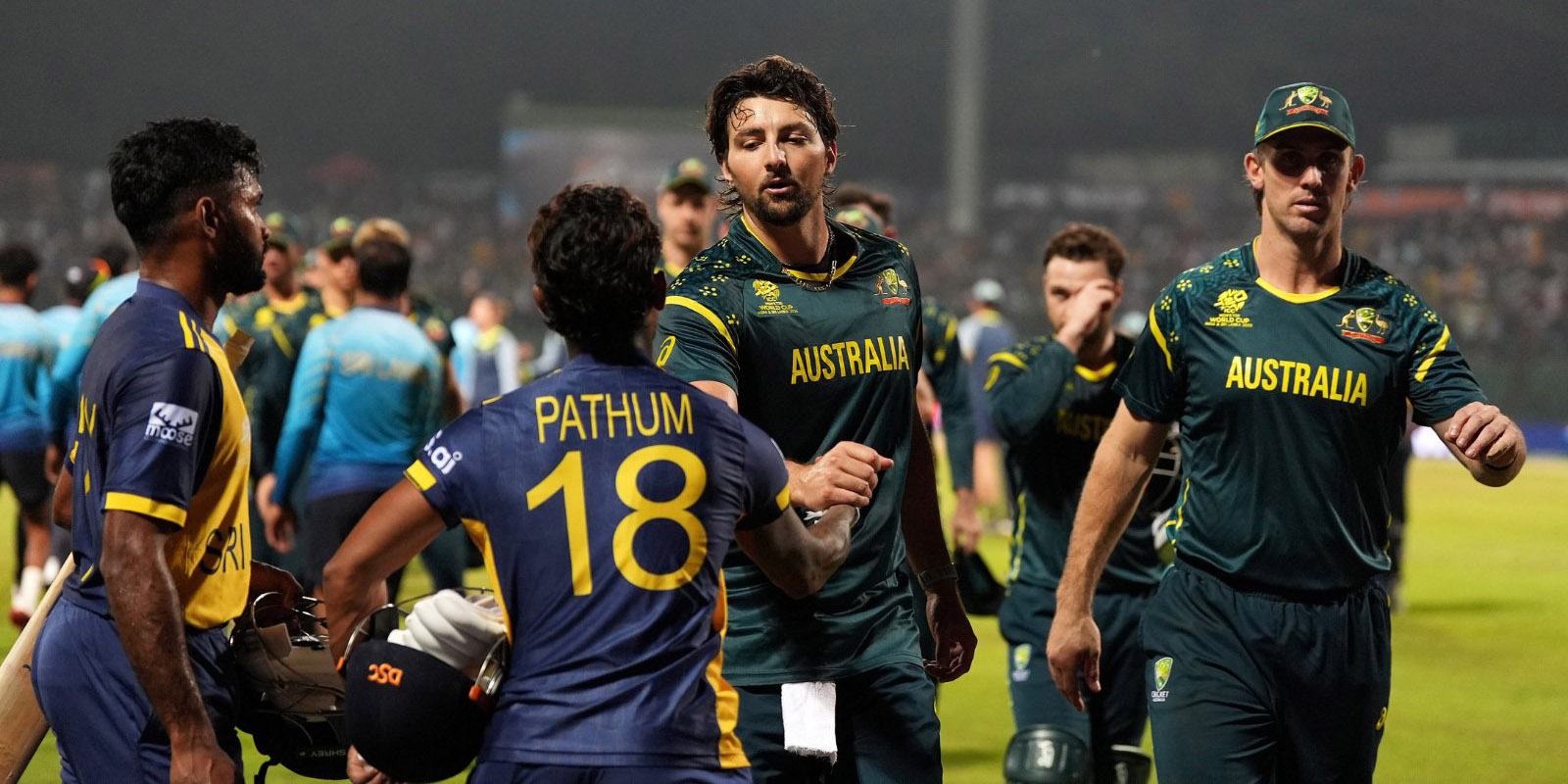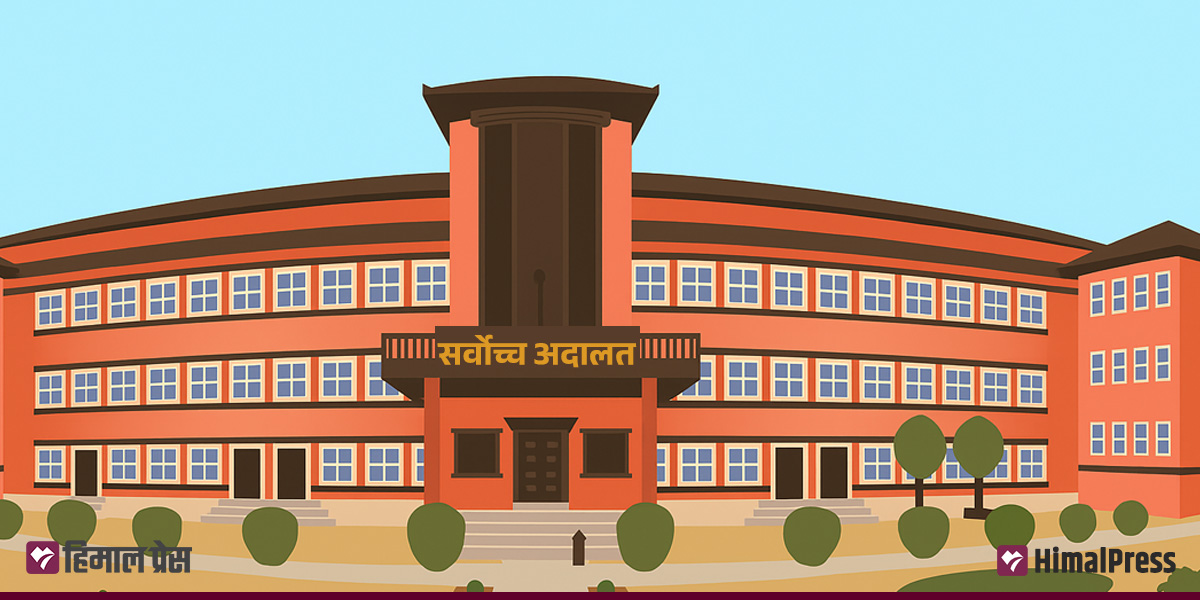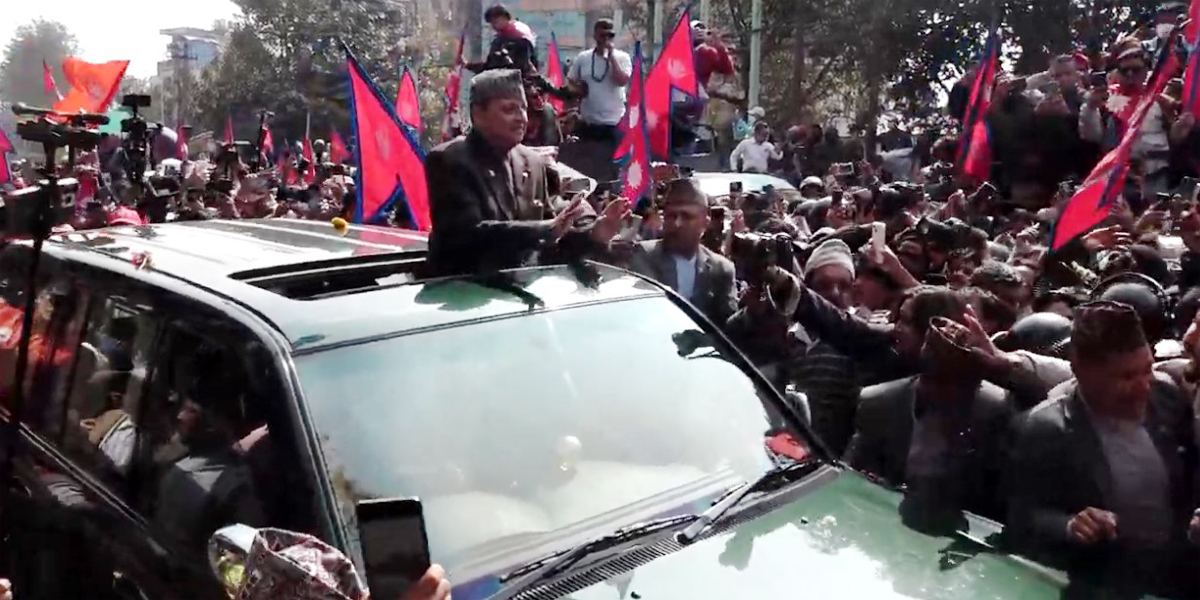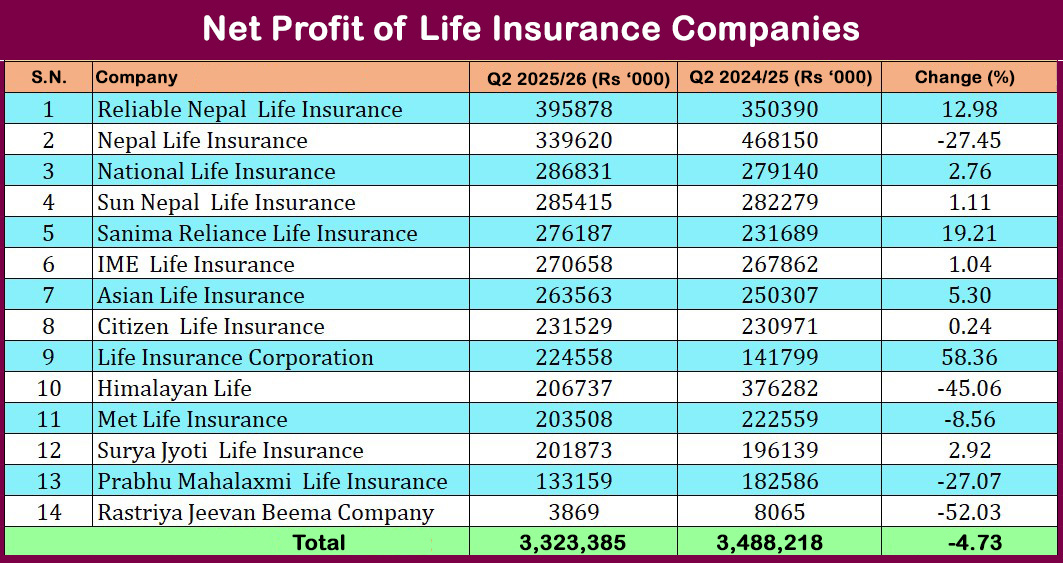
POKHARA: The dispute related to the formation of a new government in Gandaki Province has not been resolved yet. The main opposition, Nepali Congress (NC), has moved the Supreme Court, again, over the issue.
Speaker Krishna Prasad Dhital on Sunday ruled that Chief Minister Khagraj Adhikari, who got 30 votes in the floor test, secured a vote of confidence of the provincial assembly. Although the support of 31 members is needed for a majority in the 60-member assembly, Speaker Dhital declared 30 votes as a majority, formalizing Adhikari as the Chief Minister.
NC opposed the decision and has filed a writ petition at the Supreme Court. In the petition, NC Parliamentary Party Leader Surendra Raj Pandey has called for the annulment of the trust vote process, arguing that Speaker Dhital unconstitutionally announced that Adhikari passed the floor test. “As per Article 168 (2) of the Constitution, Adhikari automatically lost his position after failing to secure a vote of confidence,” the petition states. “The declaration that Khagraj Adhikari has obtained a vote of confidence as the Chief Minister, despite not having a majority, is prima facie illegal and erroneous. Therefore, the declaration, including all decisions and actions, should be annulled by a writ of certiorari as they contradict the constitutional provisions.”
Article 188 (3) of the constitution states that if the vote of confidence motion tabled by the chief minister is not adopted by a majority of the provincial assembly, the Chief Minister shall be relieved of his/her office.
Pandey had filed a writ petition on April 9 as well, claiming that Adhikari’s appointment as Chief Minister with the support of the Speaker was unconstitutional. Hearing the writ on April 29, Justices Sapana Malla Pradhan and Saranga Subedi had quashed the writ, allowing the Adhikari government to proceed with the trust vote process.
The dispute has also divided opinions among legal practitioners. Kaski District Bar Association President Bhagawati Pahari argued that the Supreme Court’s previous order cannot be defied. According to her, the court has already resolved the issue of the Gandaki government. “It is clear that with 59 members present in the Provincial Assembly, the majority is 30. Point number 16 of the verdict also mentions this. It is the court that interprets the law. Had the case not gone to the court, such discussions would not have arisen now,” she said. “Since the court has given its verdict, the current controversy is meaningless. Defying the court’s order will only invite anarchy.”
However, Bishnu Prasad Sharma, President of the Pokhara Appellate Court Bar Association, argued that the Speaker’s decision goes against the constitution. “The Speaker’s move is against democratic values and norms. In a 60-member Provincial Assembly, the majority is not 30, but 31. However, the Speaker ruled that the Chief Minister passed the trust vote, considering 30 votes as a majority, which is contrary to parliamentary values, supremacy, and the rule of law,” he added. “In the lack of a majority, the Speaker should have initiated another process. This is a blatant interference with the constitution.”


